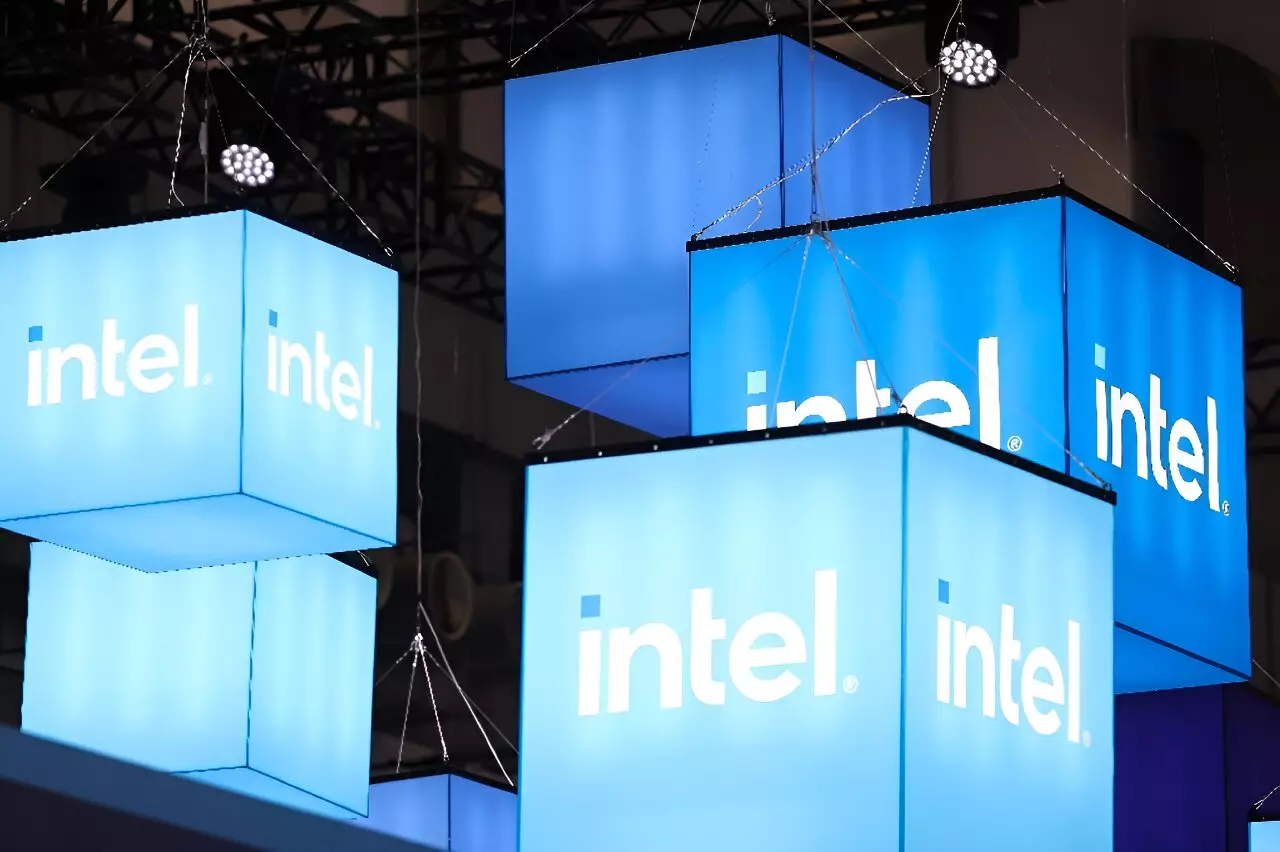Intel Corporation, a prominent player in the semiconductor industry, recently announced a postponement of its ambitious plans to establish mega chip manufacturing facilities in Germany and Poland. This decision comes against a backdrop of reduced consumer demand for chips, which has prompted Intel to reassess its growth trajectory in Europe. The implications of this shift are substantial, particularly for the German and Polish governments, which have invested heavily in these projects, viewing them as key to revitalizing their national economies and industries.
The deferred plans signal a notable setback for these governments that anticipated not only job creation but also technological advancements in the semiconductor sector. German authorities had already entered lengthy negotiations with Intel, culminating in a financing agreement that increased subsidies to nearly €10 billion for the factory initiative. The stakes were especially high in the context of Europe’s broader strategy to bolster its semiconductor manufacturing capabilities and decrease dependency on foreign supply chains, particularly those in Asia.
The Impact on Local Economies
The repercussions of Intel’s decision extend beyond immediate construction delays. The local economies surrounding the proposed sites in Germany and Poland stand to suffer from the anticipated job losses and stunted growth in associated industries. Intel’s commitment to invest in these regions was seen as a beacon of hope in a landscape increasingly marred by uncertainties stemming from global events, including the ongoing conflict in Ukraine and inflationary pressures. With inflation soaring and construction plans stalled, the potential for revitalized industry in these regions is now clouded by uncertainty.
Moreover, the decision to pivot from these projects could intensify scrutiny on government spending related to subsidies and incentives for large corporations. Taxpayers and local businesses will be keenly aware of the investments made and the resultant delay in promised economic benefits.
Shifting Focus to Domestic Manufacturing
While Europe faces setbacks, Intel has reassured stakeholders that its manufacturing ambitions within the United States remain robust. In a strategic pivot, the company confirmed support from the U.S. government, which promises up to $3 billion in direct funding specifically aimed at enhancing semiconductor production for the military. This move seeks to fortify domestic supply chains, ensuring that vital technology systems remain resilient, especially in light of emerging global threats.
In the midst of these developments, Intel has increased its production capacity in Europe through its facility in Ireland, which has been designated as the company’s primary European hub for the foreseeable future. Intel CEO Pat Gelsinger emphasized the importance of this shift in strategy, indicating a focus on maintaining leadership in the semiconductor market, particularly as Europe grapples with its dependency challenges.
Intel’s delay in establishing chip factories in Germany and Poland exemplifies the challenges faced within the semiconductor sector. As demand continues to fluctuate and global uncertainties loom, it becomes clear that adapting to market realities is crucial. For both Intel and the European nations involved, the path forward will require careful navigation of economic pressures, government commitments, and competitive strategies in an increasingly volatile landscape. The company’s future decisions will likely hinge on broader market signals and the resilience of supply chain dependencies developed over the years.


Leave a Reply